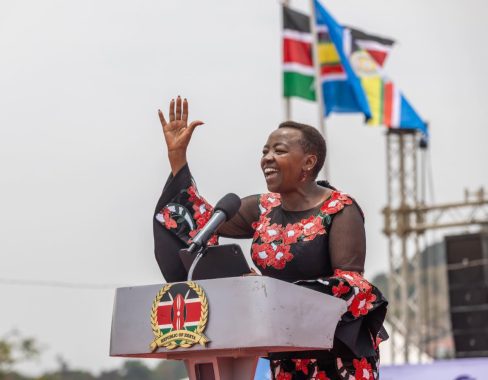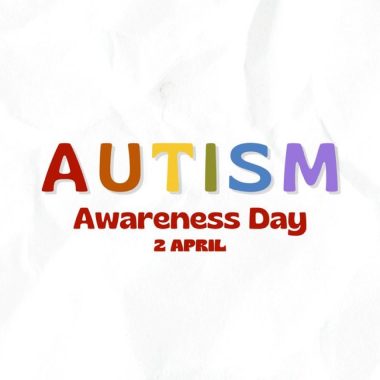On Wednesday, April 2, 2025, World Autism Day is observed, highlighting the need for greater awareness and understanding of autism spectrum disorder.
In Kenya, the day is marked by a 5km walkathon in Kasarani, Nairobi County, led by First Lady Rachel Ruto to raise awareness for autism.
The walk not only aimed to raise awareness but also served as a powerful show of solidarity and support for individuals living with autism.
The First Lady has been joined by Kasarani Member of Parliament (MP) Ronald Karauri, Nairobi Women Representative Esther Passaris, children, and various autism awareness champions.
Autism in Kenya is an area that has been gaining more attention in recent years, although there is still significant work to be done in terms of awareness, support, and resources for individuals with autism spectrum disorder (ASD). The understanding of autism in Kenya has historically been limited, with many people unaware of the condition or misunderstanding it.
However, awareness campaigns, such as World Autism Day observances led by figures like the First Lady, are helping to change this narrative.

Autism Day
The day was designated by the United Nations General Assembly on April 2, 2007, to promote the full realisation of human rights and fundamental freedoms for autistic individuals, ensuring their equal participation in society.
Over the years, significant progress has been made, driven in large part by autistic advocates who have worked tirelessly to bring the lived experiences of autistic individuals to the forefront of global discussions.
Today, more than 17 years later, the global movement has expanded beyond awareness to actively promoting acceptance, appreciation, and inclusion, recognising the contributions autistic people make to their communities and the world at large.

This year the day is observed under the theme “Advancing Neurodiversity and the UN Sustainable Development Goals (SDGs),” highlighting the intersection between neurodiversity and global sustainability efforts and showcasing how inclusive policies and practices can drive positive change for autistic individuals worldwide and contribute to the achievement of the SDGs.